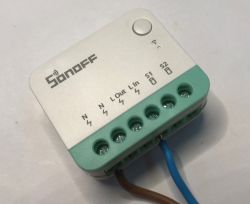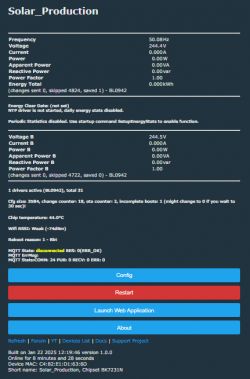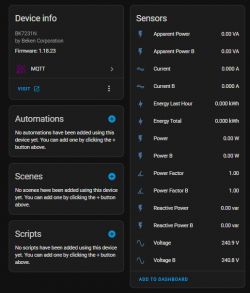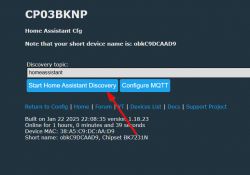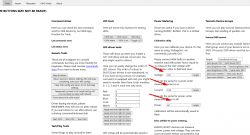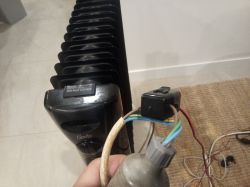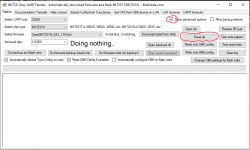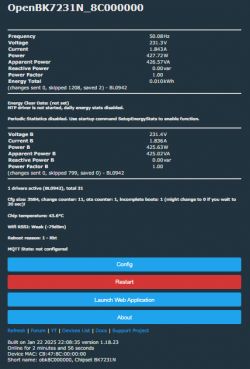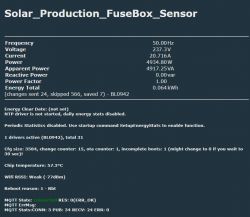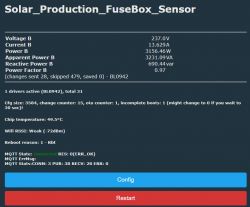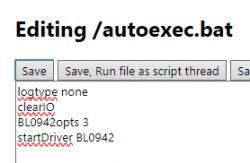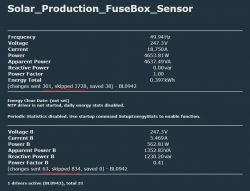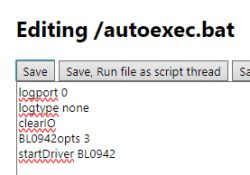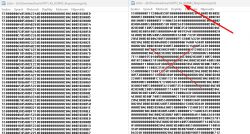randomalias324 wrote:Yep, cant get dual measurement back by restarting, toggling BL0942opts, so far whatever I try
To make both working, BL0942opts must be 3 and flag 26 disabled
Maybe you should first test if both BL0942s work with standard firmware https://github.com/openshwprojects/OpenBK7231T_App
BL0942 on UART 1 should work with flag26 0
BL0942 on UART 2 should work with flag26 1
If it is ok, the You can try this:
Reset pins and other things using commands:
ClearIO
StartupCommand ""
Flags 1028
autoexec.bat with BL things only
BL0942opts 3
startDriver BL0942If You want to try HASS discovery, here binary (BK7231N) with hass discovery test (OpenBK7231N_App_1.18.23-twinbl0942mod_3.zip) (it is twnbl0942mod + added hass channel B discovery)
And screens from test device and HASS using this FW :
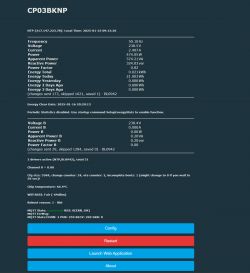
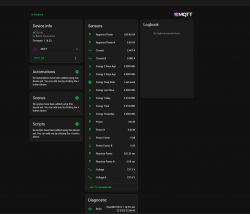
Anyway, in the log there is watchdog reboot (wdt reboot), Do You have ping watchodog active or something like this?



